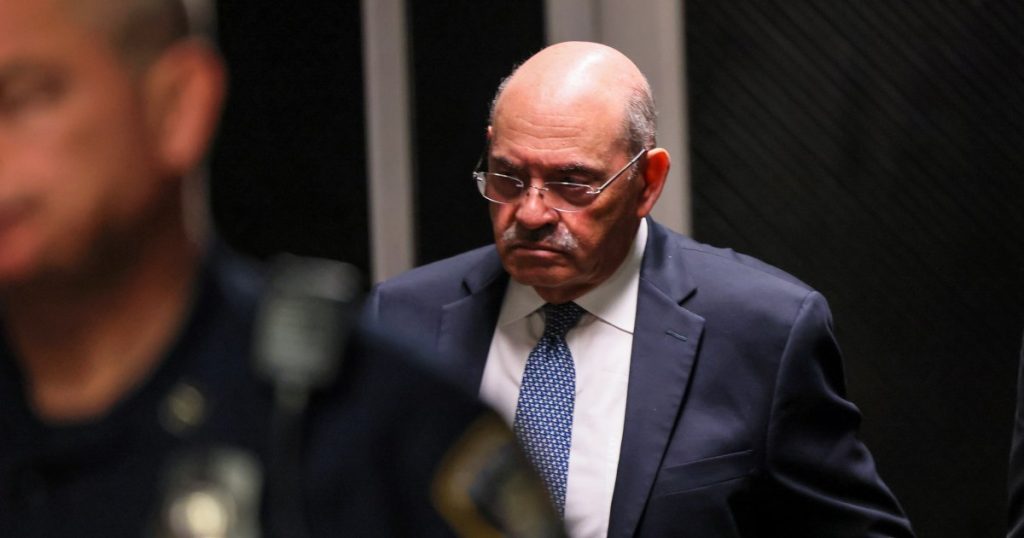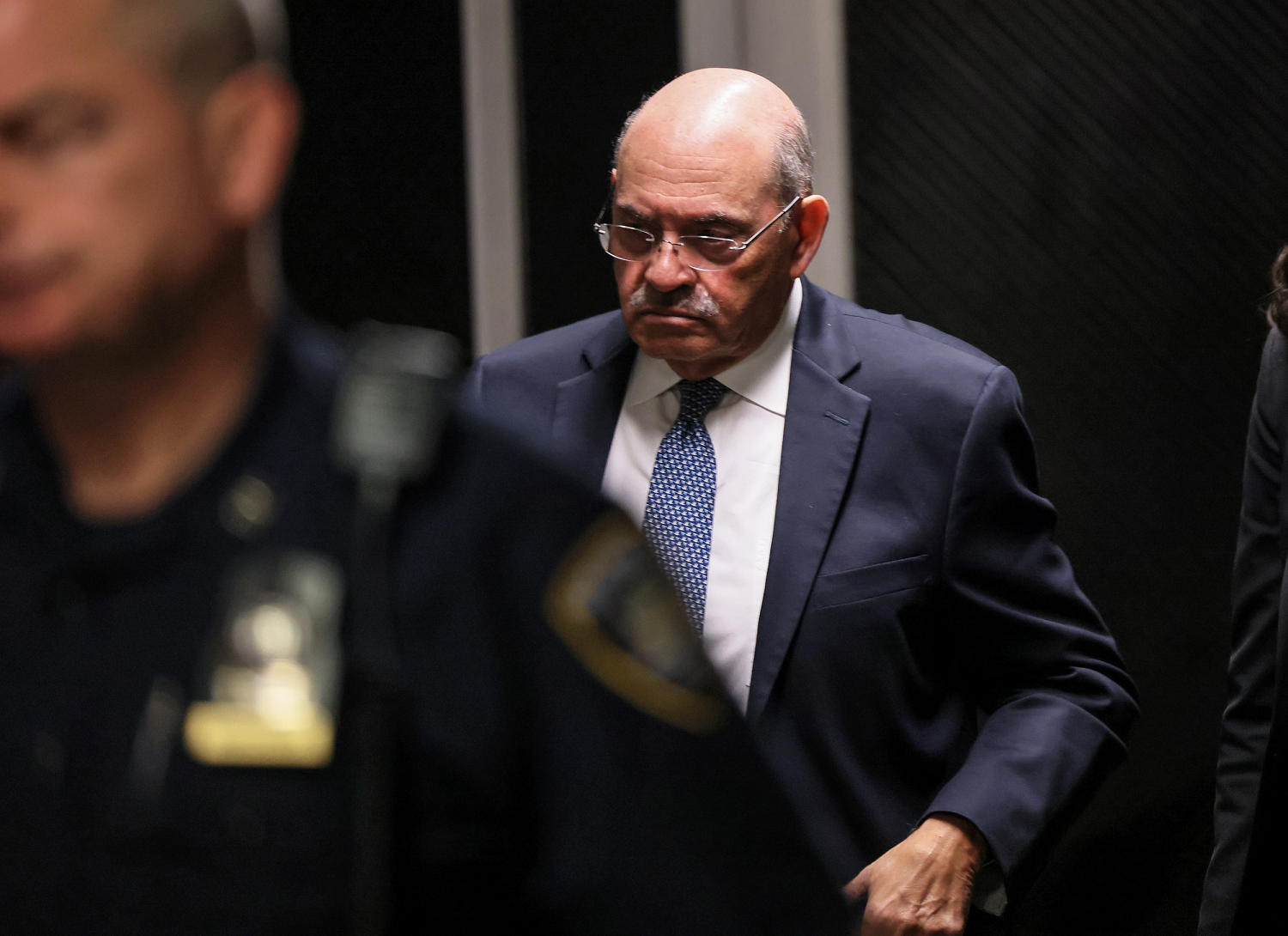

An attorney for former President Donald Trump said in a filing Wednesday that a judge’s request for comment on whether an ex-Trump Organization executive lied on the stand during the former president’s civil fraud trial was “unprecedented, inappropriate and troubling.”
The filing — a response to Judge Arthur Engoron’s request for comment on former Trump Organization Chief Financial Officer Allen Weisselberg’s alleged lying on the stand during Trump’s tax fraud trial — comes after The New York Times reported last week that Weisselberg was in negotiations to plead guilty to perjury.
“The Article simply does not provide any principled basis for the Court to reopen the record or question the veracity of Mr. Weisselberg’s testimony in this case,” said attorney Clifford Robert, who appeared to be responding to Engoron’s request on the behalf of all defendants except Weisselberg and Jeffrey McConney, a former Trump Organization senior vice president. Lawyers for Weisselberg and McConney would file separately, Robert said in a footnote.
In a separate letter, Trump attorney Alina Habba said that she has not spoken with the New York district attorney’s office about “any of the matters discussed in the New York Times article.”
“Further, in an abundance of caution, I have conferred with my ethics counsel and have been advised that I am constrained by my professional ethical obligations from providing any further detail,” said Habba, who is serving as Weisselberg’s civil counsel. “No adverse inference should be drawn from my inability to respond.”
In a statement, Trump attorney Chris Kise said that “court decisions are supposed to be made based on the evidence at trial, not on media speculation.”
Weisselberg’s attorneys did not immediately respond to NBC News’ requests for comment.
The other parties have not added further comment beyond their filings as of Wednesday night.
Lead prosecutor Kevin Wallace also responded to Engoron’s request for comment, saying that the New York attorney general’s office is not directly involved in any negotiations between the Manhattan district attorney and Weisselberg regarding his alleged lying on the stand. Lawyers from the attorney general’s office have been cross designated to work with the district attorney’s office, the letter said.
The New York attorney general’s office argued in the nine-page letter to Engoron that developments regarding Weisselberg allegedly lying on the stand should not delay Engoron’s decision.
Wallace added that the court had already found defendants liable and should impose necessary measures to prevent further fraud, including industry bars and the appointment of a monitor with robust oversight. Wallace also said that if the alleged perjury by Weisselberg proves to be expansive and calls into question the veracity of testimony from other witnesses and defendants, the court can revisit that later.
Engoron had sent both sides in the case an email earlier this week asking about Weisselberg’s status following a report in The New York Times that he was close to pleading guilty to having lied on the stand during his testimony in the case.
“As the presiding magistrate, the trier of fact, and the judge of credibility, I of course want to know whether Mr. Weisselberg is now changing his tune, and whether he is admitting he lied under oath in my courtroom at trial,” the judge wrote, asking both sides to report back to him by 5 p.m. ET Wednesday.
The judge said he was considering whether he should disregard all of Weisselberg’s testimony in his verdict, which he’s expected to issue in the coming days.
There is no jury in this case, so ultimately it is up to Engoron to decide how he will consider Weisselberg’s testimony.
Weisselberg pleaded guilty to different charges in a related criminal case in 2022, when he and the Trump Organization were both charged by the Manhattan district attorney’s office. In that case, Weisselberg admitted to tax fraud charges and was sentenced to five months in jail after he testified against the company. His testimony did not implicate Trump in wrongdoing, but two of his company’s subsidiaries were convicted and hit with a $1.6 million penalty.
Among the $370 million in financial penalties Attorney General Letitia James is seeking to collect in the fraud case is a $2 million in severance the company paid to Weisselberg after he was released from jail.

 Latest Breaking News Online News Portal
Latest Breaking News Online News Portal




